

Section

Back
Bacopa in Ayurveda: Consciousness and Clarity
07/08/2025 | Written by Radhika Mukhija
Live Vibrantly
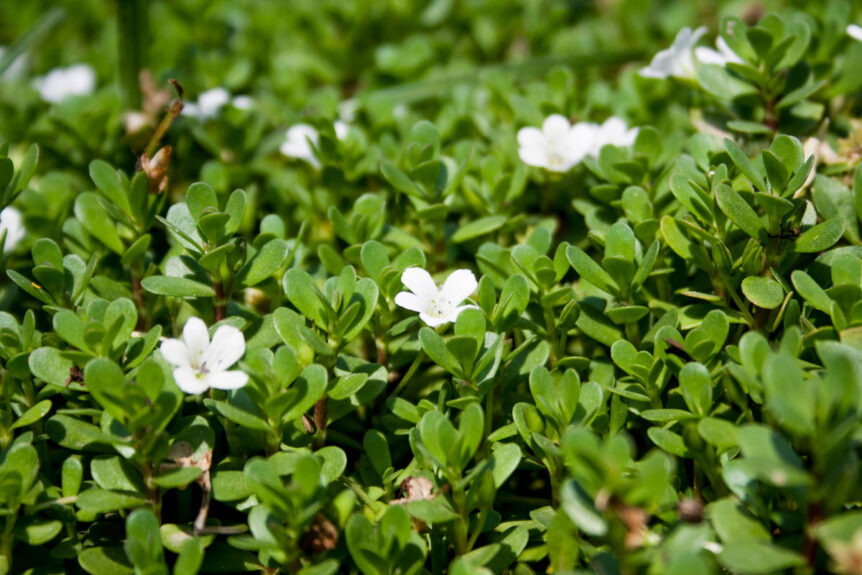
An Ancient Ally for the Mind
Known for centuries as a revered medhya rasayana (rejuvenator of the intellect), Bacopa monnieri holds a treasured place in Ayurvedic tradition. This small, creeping herb thrives in wetlands, yet its potency reaches into the deepest layers of consciousness, cognition and clarity. Often lovingly called Brahmi, Bacopa in Ayurveda a brain tonic that offers balance in a world that moves too fast.
Historical Significance of Bacopa
Bacopa’s legacy dates back over 3000 years. Ancient Ayurvedic texts like the Charaka Samhita mention its use for sharpening intellect, calming the mind and improving memory. Indian scholars and yogis were said to use Bacopa before intense study or deep meditation to strengthen their mental clarity and spiritual focus.
Beyond India, Bacopa has quietly made its way into traditional systems in parts of Southeast Asia and Africa. However, it is Ayurveda that gave Bacopa its philosophical and medicinal framework – rooting it in a system that understands the mind as not separate from body or spirit.
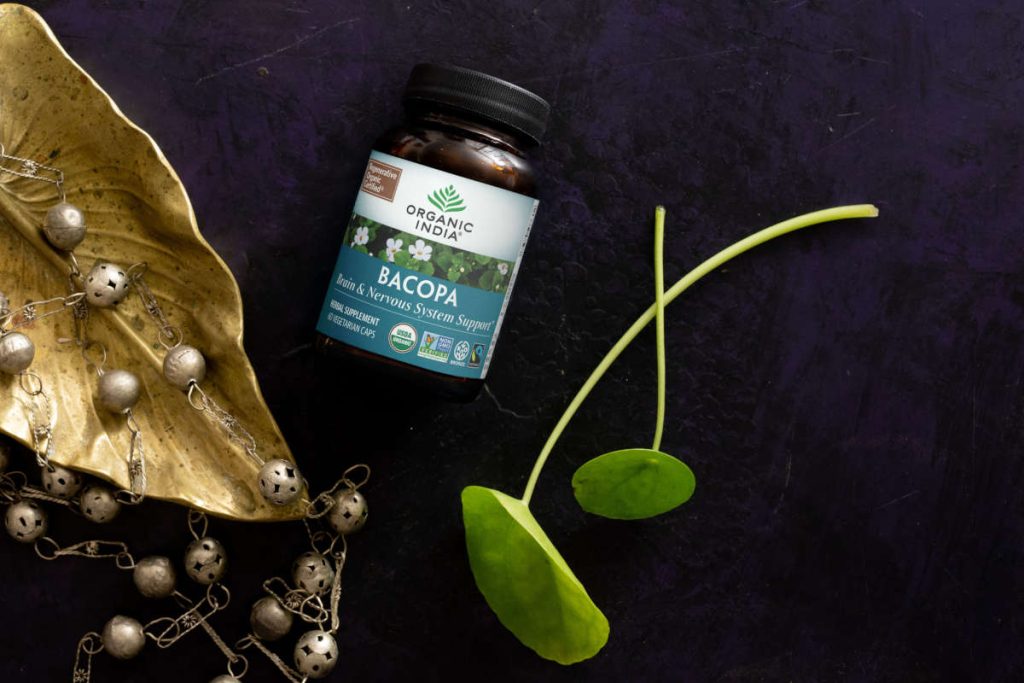
Bacopa Use in Ayurveda
In Ayurveda, Bacopa is classified as a tridoshic herb – meaning it can balance all three dosha (Vata, Pitta and Kapha) when used appropriately. However, it’s most prominent use is as a nervine tonic or nootropic. It was traditionally prescribed to –
- Improve memory and concentration
- Soothe the nervous system, reduce stress
- Support recovery from mental fatigue and overwhelm
- Help with deeper meditation practice
It is also used to nourish Majja Dhatu (the nervous and marrow tissue layer) and calm the Prana Vata which governs the mind and breath.
Is Bacopa the Same as Brahmi?
This is a common question. In the north of India, Bacopa is often referred to as Brahmi, named after Brahma – the creative consciousness. However, in southern India, Gotu Kola is also called Brahmi. While both herbs support brain health they are different botanicals with distinct properties. You can find both herbs in our holistic brain Memory Capsules.
For a deeper dive visit our blog Gotu Kola vs Bacopa: Seeking the Real Brahmi – Organic India.
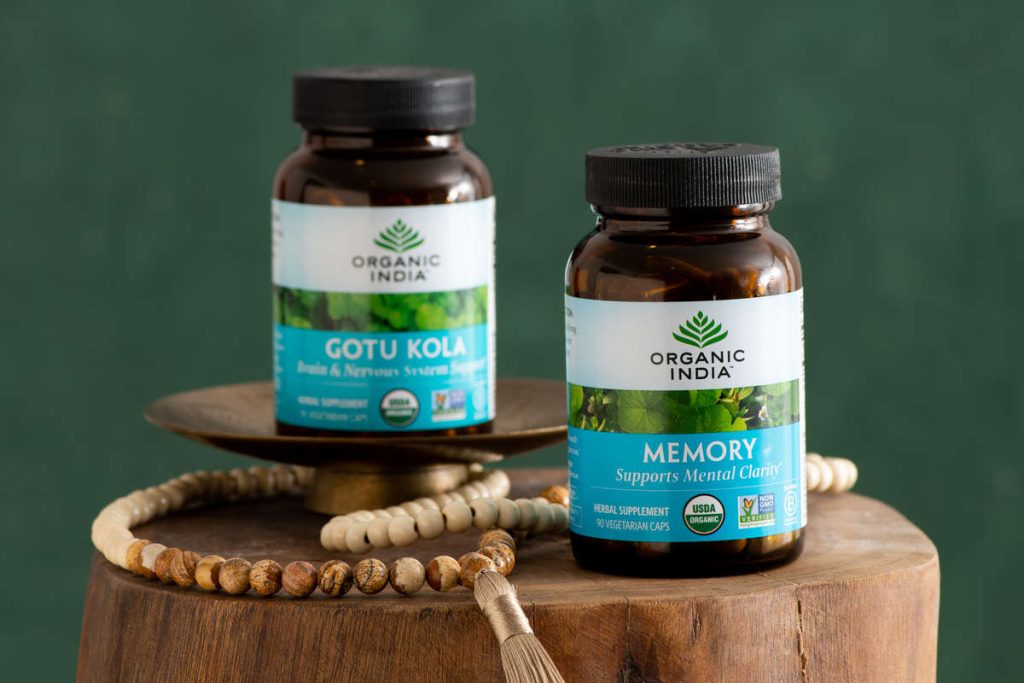
Ayurveda Bacopa Preparations
In Ayurveda, the way an herb is prepared matters just as much as the herb itself. The form, carried substance (anupana) and timing all influence how the body and mind receive its benefits. Bacopa is no exception – this deeply sattvic herb is traditionally prepared with great care to preserve its potency and calm the nervous system.
Here are some traditional and modern methods to incorporate Bacopa into your wellness routine –
1. Fresh juice (swarasa)
The most potent form of Bacopa in Ayurveda is swarsasa, made by crushing the fresh Bacopa plant and extracting its juice. It’s traditionally taken in small amounts often on empty stomach – as part of a rejuvenation protocol. Note – if you have sensitive digestion, go slow with the juice.
2. Ghee-infused Bacopa
Bacopa is often cooked into clarified butter(ghee) creating a preparation known as Brahmi Ghrita. This form is ideal for supporting the nervous system and is especially recommended for students, meditators or those who need support with sleep or relaxation.
A teaspoon in the morning or before meditation is traditionally used to inspire focus and calm
3. Powdered Bacopa (churna)
Bacopa leaf is dried and ground into a fine powder. The powder can be taken with warm water, milk or honey depending on your constitution (dosha). It can be also taken in capsule form for on-the-go convenience.
- Vata types benefit from mixing it with warm milk and ghee
- Pitta types may take it with rose water and cool milk
- Kapha types might use warm water or ginger tea to stimulate digestion.
For a sacred touch, take it during your morning or evening ritual with intention setting or journaling
4. Medicated Oils (Tailam)
In Ayurvedic bodywork, Bacopa is used externally in herbal oils for the head and nervous system.
- Shiro Abhyanga (head massage) with Brahmi Oil is especially calming for Vata imbalances, stress, and sleep
- It can also be used in Nasya (nasal drops) under guidance to promote mental clarity and hormonal balance.
Applying a few drops of Brahmi oil to the crown of the head or soles of the feet before bed is a nightly grounding ritual.
5. Bacopa tea or Decoction
A more accessible method for modern lifestyles, bacopa can be gently simmered in water to create a mild herbal tea. This is a soothing, nourishing way to consume Bacopa regularly – ideal for sensitive systems. Featured in Tulsi Breakfast as part of a mind-nurturing morning routine.
Try sipping Bacopa tea during evening wind down routines to ease mental restlessness
Modern preparations include capsules, teas and tinctures making Bacopa accessible for daily use in full schedules.
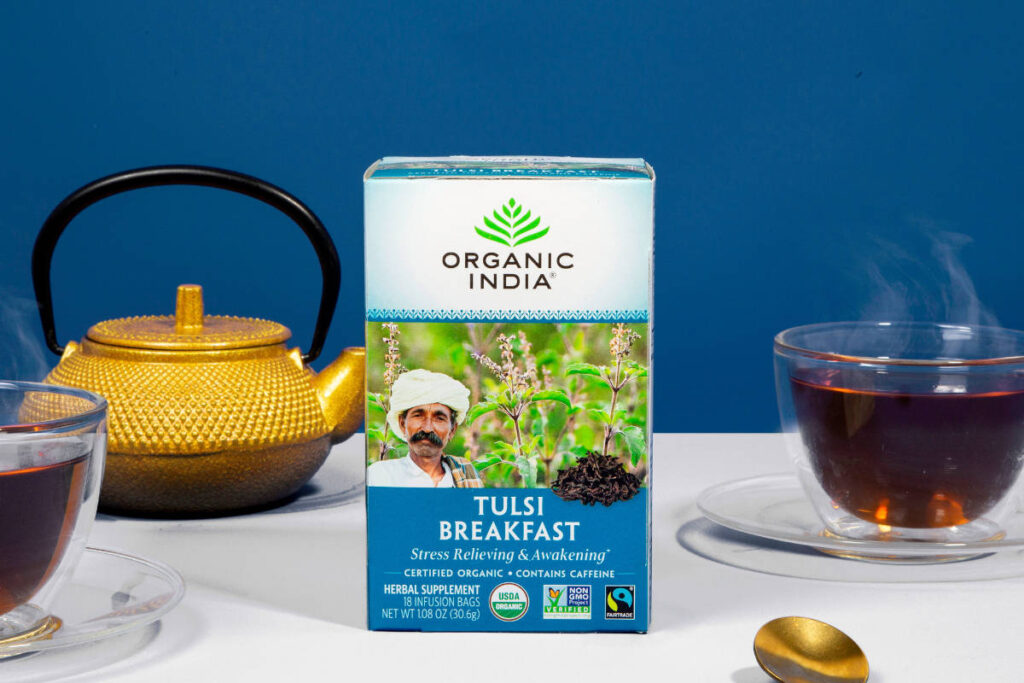
Ayurveda Herb for Memory
Bacopa is best known today as a memory-enhancing herb and science is beginning to validate it centuries ago. It supports –
- Neuroprotection – antioxidant properties in Bacopa protect brain cells.
- Cognitive function – it supports retention, recall and processing speed.
- Neuroplasticity – supports synaptic communication – how brain cells talk to each other.
- Calm focus – reduces cortisol and stress, helping the mind stay centered and clear.
Unlike the synthetic nootropics or caffeine-based solutions, Bacopa doesn’t push the mind into overdrive. Instead, it steadies the mind, building a foundation for calm, sustained clarity over time.
Who Should Take Bacopa?
Bacopa may be beneficial for –
- Students and professionals needing sharper focus
- Individuals with high mental demands or long working hours
- Those experiencing occasional forgetfulness or brain fog
- Meditators and spiritual seekers seeking deeper stillness
- People with stress-induced cognitive fatigue
- Women multitasking, caregiving and leadership roles.
Who Shouldn’t Take Bacopa?
While Bacopa is generally well tolerated, it may not be for everyone-
- Pregnant or breastfeeding people should consult their medical practitioner before use
- Those on sedative or antidepressants should be cautious as Bacopa may enhance their effects
- If you experience low heart or sluggish digestion, Bacopa may be too cooling unless paired with warming herbs
- Those with known thyroid issues should check with a healthcare provider, as Bacopa may influence hormones levels if one is sensitive
Used for centuries to nourish the nervous system, Bacopa in Ayurveda is a trusted ally for mental balance. Just as we care for our minds, we care for Mother Earth – growing every herb in its native habitat with respect, renewal and deep reverence.


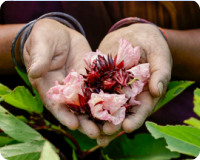



 Radhika Mukhija is an integrative wellness mentor and meditation guide who empowers busy women to realize their full potential by blending ancient Ayurvedic wisdom with modern science. With over a decade of experience in coaching, Radhika helps clients achieve greater self-care, mental clarity and holistic wellbeing. Radhika is currently writing her debut book, set to be published by Shambhala. Radhika holds a Bachelor’s in Psychology, an MBA in Human Resources, is a certified yoga teacher, and has additional certifications in health coaching, Ayurveda, nutrition, and human potential coaching. Learn more about Radhika at
Radhika Mukhija is an integrative wellness mentor and meditation guide who empowers busy women to realize their full potential by blending ancient Ayurvedic wisdom with modern science. With over a decade of experience in coaching, Radhika helps clients achieve greater self-care, mental clarity and holistic wellbeing. Radhika is currently writing her debut book, set to be published by Shambhala. Radhika holds a Bachelor’s in Psychology, an MBA in Human Resources, is a certified yoga teacher, and has additional certifications in health coaching, Ayurveda, nutrition, and human potential coaching. Learn more about Radhika at